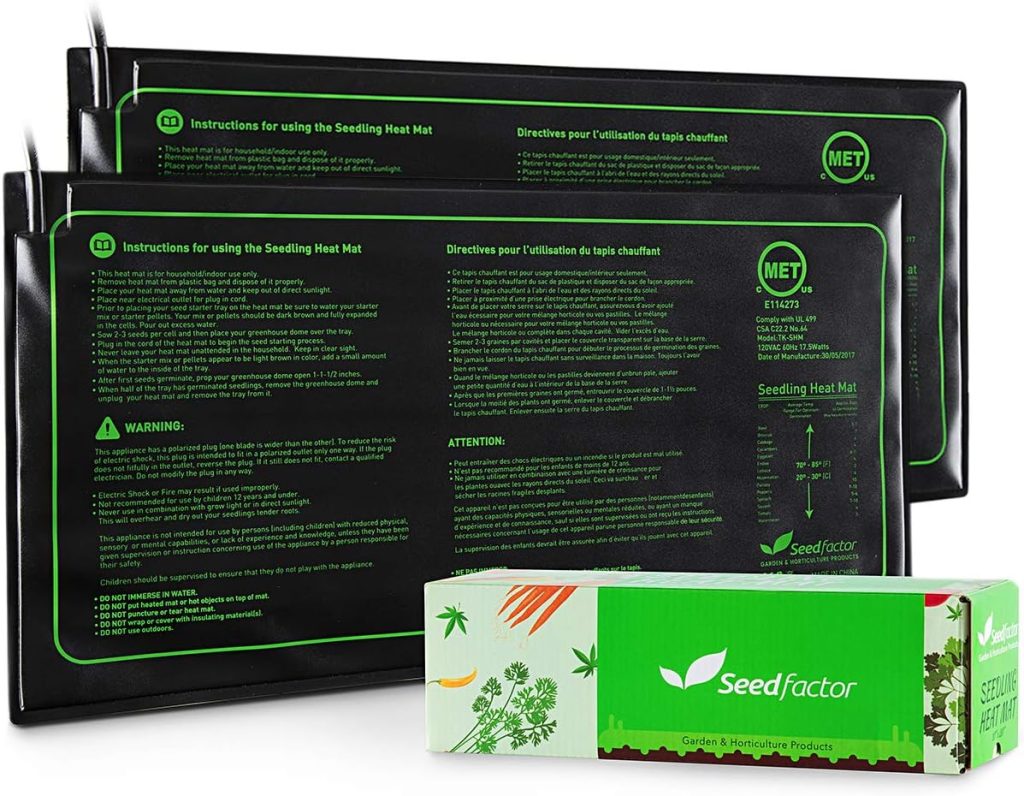Seed Sovereignty and Access to Organic Seeds
Seed sovereignty refers to the right of farmers and communities to breed, exchange, and cultivate seeds without restriction.
This concept is rooted in the preservation of agricultural biodiversity and the protection of traditional knowledge and practices. It stands in opposition to the commercial seed industry dominated by large corporations, which often patent seeds, limiting farmers’ access and control.
Importance of Seed Sovereignty
- Biodiversity Preservation: Seed sovereignty supports the maintenance of diverse plant varieties. These varieties are crucial for ecosystem resilience and agricultural sustainability.
- Cultural Heritage: Many communities have cultivated unique crops for generations, and seed sovereignty ensures the survival of these culturally significant varieties.
- Food Security: Diverse and locally adapted seeds are also essential for resilient food systems that can withstand pests, diseases, and changing climate conditions.
- Farmer Independence: By saving and exchanging seeds, farmers reduce their dependency on commercial seed companies and regain control over their agricultural practices.
Challenges to Seed Sovereignty
- Corporate Control: A handful of multinational corporations control a significant portion of the global seed market. Basically, this concentration limits farmers’ options and can lead to higher prices and reduced seed diversity.
- Intellectual Property Rights (IPR): Patents and other forms of IPR on seeds can prevent farmers from saving and replanting seeds, forcing them to buy new seeds each season.
- Legal and Policy Barriers: National and international laws often favor commercial seed companies over traditional and local seed systems. These laws can restrict seed saving, exchange, and breeding activities.
- Loss of Traditional Knowledge: As modern agricultural practices spread, we risk losing traditional seed-saving knowledge and practices.
Access to Organic Seeds
Organic seeds thrive in organic farming systems without synthetic fertilizers and pesticides. Access to these seeds is vital for organic farmers to maintain the integrity of their farming practices.
Benefits of Organic Seeds
- Adaptation to Organic Systems: Organic seeds are selected for traits that perform well in organic conditions. This includes pest resistance and efficient nutrient uptake, among others.
- Environmental Sustainability: Using organic seeds supports farming practices that reduce chemical inputs and enhance soil health.
- Consumer Demand: With increasing consumer demand for organic products, farmers need reliable access to certified organic seeds.
Barriers to Access
- Limited Availability: There is a smaller market for organic seeds than conventional ones. This leads to fewer varieties and less availability.
- Higher Costs: Organic seeds often come at a premium. This is due to the additional costs associated with organic certification and smaller production scales.
- Regulatory Hurdles: Farmers may face bureaucratic challenges in certifying seeds as organic, adding to the complexity and cost.
Promoting Seed Sovereignty and Organic Seed Access
To strengthen seed sovereignty and improve access to organic seeds, various strategies can be implemented:
- Community Seed Banks: Establishing local seed banks can help preserve diverse seed varieties and facilitate seed exchange among farmers.
- Policy Advocacy: Advocating for policies that support seed sovereignty and organic seed production is crucial. This includes lobbying for the recognition of farmers’ rights to save and exchange seeds.
- Research and Development: Investing in the development of new organic seed varieties that are resilient and adaptable to changing environmental conditions.
- Education and Training: Providing farmers with the knowledge and skills to breed and save seeds.

